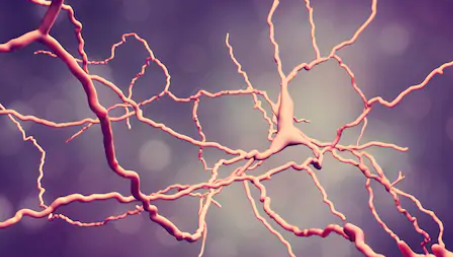In a recent study, researchers from the University of Melbourne revealed the mechanism of inflammation that slows the onset of motor neuron disease (MND), thereby providing hope for people suffering from this debilitating and incurable disease. They found that by blocking immune receptor STING, they can significantly prevent inflammation in cells of MND patients, paving the way for the development of new drugs for neurodegenerative diseases such as MND….
Author: biomart
Research Reveals Cross-species Transmission of Primate Lentivirus

Humans continue to be threatened by viral diseases such as Ebola, Zika, and Coronavirus. Such emerging/re-emerging virus outbreaks may be caused by cross-species viruses transmitted from wild animals to humans. In order to achieve cross-species transmission, the new host must be exposed to the virus in the old host. Next, the virus acquires certain mutations that may be beneficial for replication in the new host. Finally, by continuing to…
New Treatment for KRAS Mutant Lung Cancer

KRAS is a common type of oncogene and is involved in at least one-fifth of all human cancers. KRAS mutations cause 32% of lung tumors and 96% of pancreatic tumors. However, after more than 30 years of research, there is still no effective treatment strategy for this oncogene. For this reason, many studies have been conducted to try to identify other molecules that show therapeutic activity along the KRAS signaling…
New Regulation Mechanism of Interferon Signaling Pathway

The interferon (IFN) signaling pathway is the main component of innate immunity and plays an important role in the host’s resistance to pathogens; the production of IFN and the activation of downstream pathways are precisely regulated. The transcription factor STAT1 is a key effector of the IFN pathway. When the IFN signaling pathway is activated, the STAT1 protein is phosphorylated and modified by its kinase JAK1 to form heterologous or…
Identify a Key Protein that Can Regulate the Female Body’s Estrogen Cycle – RSK2
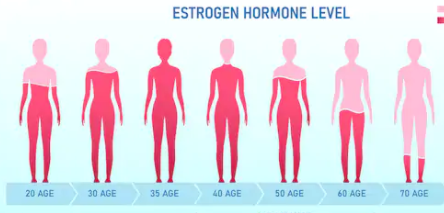
Recently, in a research report titled “RSK2 Maintains Adult Estrogen Homeostasis by Inhibiting ERK1/2-Mediated Degradation of Estrogen Receptor Alpha” published in the Cell Reports, scientists from Vanderbilt University and other institutions found a key regulatory protein through research that can regulate the body’s estrogen cycle. Oral contraceptives will moderately increase the risk of breast cancer in women, and birth control methods will use estrogen, a hormone that binds to…
A Special Protein May Help SARS-CoV-2 to Spread Rapidly in Host Cells!
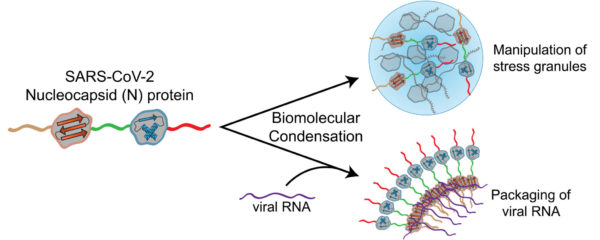
Recently, in a research report published in The FASEB Journal, scientists from Colorado State University and other institutions discovered that a special kind of virus-encoded by SARS-CoV-2 (the virus that induces COVID-19) protein may be directly related to the rapid spread of viruses in the human body. Now scientists have begun to reveal the key features of the SARS-CoV-2 virus through the use of basic research tools and bioinformatics analysis,…
The Use of Activin/GDF Fusion Protein Is Expected to Treat Pulmonary Hypertension
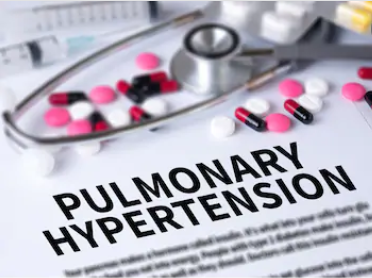
Pulmonary hypertension (PAH) is an insidious disease. Its symptoms may start slowly, and even before the symptoms appear, extensive damage has caused the blockage of small arteries, resulting in increased blood pressure in the lungs. When the symptoms—the most obvious being shortness of breath—are severe enough for PAH patients to seek treatment and obtain a definite diagnosis, based on currently available treatments, the patient’s chance of survival within five years…
Inhibition of the STING Protein Pathway Can Prevent Patients from Developing Graft-versus-host Disease

In a new study, researchers found that inhibiting the STING protein pathway can protect some patients from graft versus host disease (GVHD), among which, GVHD is the most serious complication of bone marrow (stem cell) transplantation. The relevant research results were published in the journal Science Translational Medicine. The title of the paper is “STING differentially regulates experimental GVHD mediated by CD8 versus CD4 T cell subsets”. Dr. Levy…
PNAS: Obese Hormones Increase the Risk of Sepsis
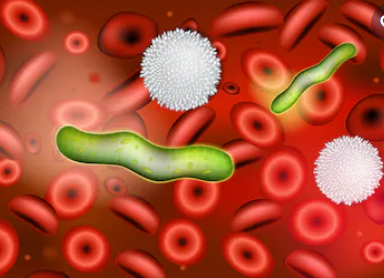
Scientists from the Gulbenkian de Ciência Institute (IGC) led by Luís Moita have discovered that a hormone believed to treat obesity reduces the body’s resistance to bacterial infections and increases the risk of sepsis. The research results were recently published in PNAS. Sepsis is a potentially fatal disease that stems from the dysregulation of the organism’s response to infection, leading to organ failure. A recent study published in the…
Loss of Fat-regulated Genes Accelerates Metastatic Spread of Prostate Cancer
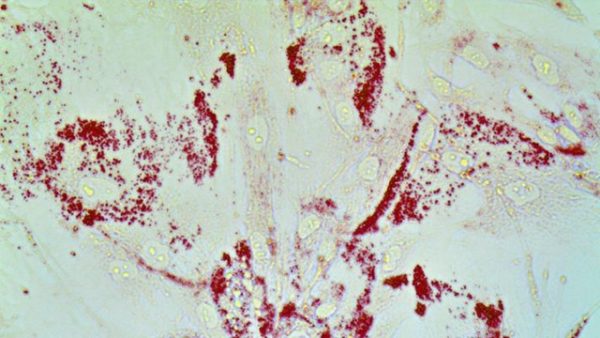
Researchers at the Department of Radiation Oncology and Molecular Radiology at the Kimmel Cancer Center at Johns Hopkins University have discovered a lipid-modulating protein that transfers a substance that researchers call “superpower” to prostate cancer cells, allowing them to spread malignantly. In studies of human prostate cancer cells and stromal cell lines, when the lipid regulatory protein called CAVIN1 was removed from stromal cells (connective tissue cells in and…
